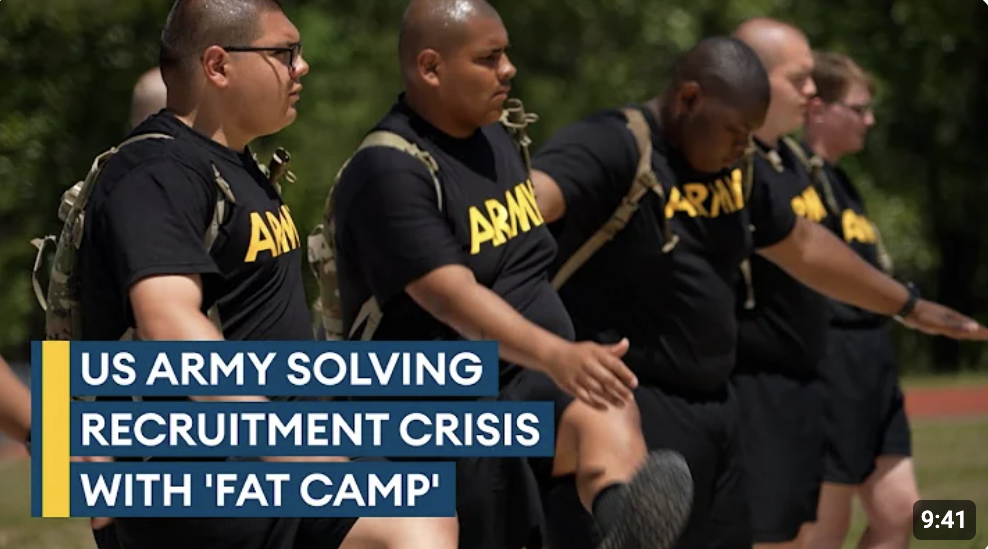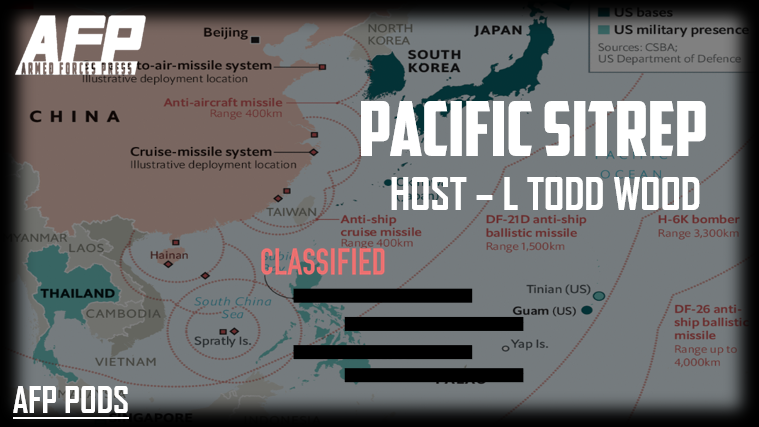
Originally published at American Thinker
I have previously explained the concept of “shipmate” through the recounting of the Navy career of my Father. He joined right after Pearl Harbor and served 27 years, retiring as a Master Chief in 1969, shortly after I was commissioned.
In 1948, President Harry Truman ended segregation in the military. Growing up in the late 40s and early 50s closely observing Dad’s behavior and attitudes, I note he was an obedient sailor and accepted everyone as they came without regard to race. In 1955-1957 he was “pushing boots” and he treated all his recruits exactly the same regardless of race or where they came from. The closest thing I ever heard him say that even hinted of a racial stereotype was that Black recruits did not know how to swim. It was not a criticism just an observation that puzzled him because as a recruit company commander his job was to turn civilians into sailors and everyone had to be able to swim!
Ours was a Christian home where one of the favorites of Sunday School from my earliest memories is “Jesus Loves the Little Children” where the verse goes, “Jesus loves the little children, all the children of the world, red and yellow, black or white, they are precious in his sight, Jesus loves the little children of the world.” The culmination of the civil rights movement in 1964 with the passage of the Civil Rights Act was celebrated in my household. And, it was already the standard that the Navy long since practiced. Justice was served!
Get gains in the gym in style with AFP Merch!
In the late 60s the biggest political issue at my university was anti-Vietnam war protestors with Students for a Democratic Society (SDS) protesting us military types being allowed at university. After commissioning and school, I reported to the USS Richard L. PAGE (DEG-5) in 1970. PAGE was named after a naval officer who in the civil war became a Confederate brigadier general. No one, including Black crew members, cared the least bit about the ship being named for a civil war officer. Apparently hidden from my view was the torture and anguish our Black shipmates endured over the name of the ship. (sarcasm alert!) The modern phenomenon of Blacks’ lives being ruined at the very thought of the Civil War is a new invention of the fevered minds of academia that did not exist when I served.
The very best sailor on PAGE worked for me. He was a first-class petty officer and the ship’s Master-At-Arms as well. He happened to be Black. He set the example of squared-away sailor for the whole ship and nobody gave him any guff despite his skin color. He was liked and respected by all. He was also a black belt in karate. The subject of White supremacy or systemic racism did not exist. Everyone was trained to a unity of purpose which was to serve the ship and our shipmates and to make sure we were ready to fight and win in our nation’s defense. Our entire focus was on the Soviet Union and the palpable daily threat that the Soviets represented to America even in the western hemisphere. The crew was laser focused on the mission of being proficient at finding and neutralizing Soviet subs… and we were good at it, as the Navy Unit Commendation that I earned attests. Race was irrelevant to executing our mission and simply did not come up.
From Midshipman to CAPT, from GS-07 to GM-15, at 14 duty stations, and in a dozen locations I found the conditions the same as on PAGE, sailors and commands whose focus was on the mission and whose minority members shared the same values and qualities that everyone else had. And, even very early on, at my second duty station, I worked closely with an Air Force colonel who happened to be Black and thought absolutely nothing about it. Every duty station had minority members including senior officers. The numbers may not have been large back then but the Navy was already diverse in racial makeup. I don’t recall a single instance of racial tension or strife anywhere I was stationed in almost 40 years combined military and civilian service. During Vietnam rare instances of racial strife occurred elsewhere but these were isolated instances. Race was not a significant factor to Navy culture or readiness. I never saw any discrimination nor even heard of complaints of it in my entire career, much of which was in Mississippi. And, from my first tour on, all over the nation, every command had minority members as part of the crew. Not only did I not experience any of the above, no one I know reported anything different in their own experience. The Navy I served in was focused on mission above all else. The Navy was not focused on solving the nation’s residual race-related or cultural problems nor should it have been. The Navy was a meritocracy by necessity as our enemy was serious, implacable and highly skilled at the art of warfare and we had to be the same or better to prevail in the event of conflict.
I am not saying that the Navy did not have race-related problems. No doubt there were racists in the ranks and in some cases, discrimination occurred that was both illegal and harmful to the mission. But, the institution of the Navy was committed to equal rights as was the law and largely discrimination was and is rare in the Navy and those who discriminated were not tolerated. Up until recent years no one had ever heard of Critical Theory or Critical Legal Theory or Critical Race Theory or Diversity, Equity and Inclusion or Ibram X. Kendi’s nonsense that you have to practice discrimination to make up for past discrimination.
When did it become an article of faith in our nation and in our military that the exact demographic makeup of the nation had to be matched in every other institution, including the military? What science supports that goal? If that were legitimate, why isn’t everyone all up in arms that the NBA is 72% Black when the national demographic is 13% Black? This is accepted as perfectly normal, but the Navy officer corps having only 8% black officers versus the 13% Black demographic nationally is a problem?
The Navy is an Equal Opportunity Employer and has been for a very long time. Are we absolutely free of race-related problems? Probably not. Idiots and bigots despite our best efforts do at times still join and may cause problems. When those surface, those people should be punished and discharged. According to a senior attorney with DoD known to this author, as recently as 2021 survey results from all of DoD (military and civilian) conducted by the DHRA Office of People Analytics, over all, 2 percent of DoD personnel are concerned about hate crimes or racism. This is direct evidence that racism is not the problem being portrayed by military leadership or those with a political axe to grind promoting progressive ideology. The Navy should not be an experimental proving ground for politics. Those who join the Navy should be admitted based on qualifications, merit, and motivation. The color of one’s skin should have nothing to do with it.
It is not the Navy’s mission or responsibility to solve residual cultural problems with some minority groups that may still exist. Those problems are America’s to wrestle with and solve. Large majorities in the nation do not consider race to be a major problem nor do they favor race preference for college admissions including to the military academies. According to Pew Research most Americans favor inter-racial marriage and the percentage of such marriages continues to rise each year. In a few decades, most of America will be of mixed race. To ask the Navy to solve residual racial problems that the nation has apparently not been able to fully solve is ill considered and a distraction from the mission of having ready naval personnel and forces in order to fight and win our nation’s wars. There is no place in the Navy for social engineering. It will lead to defeat in battle.
























